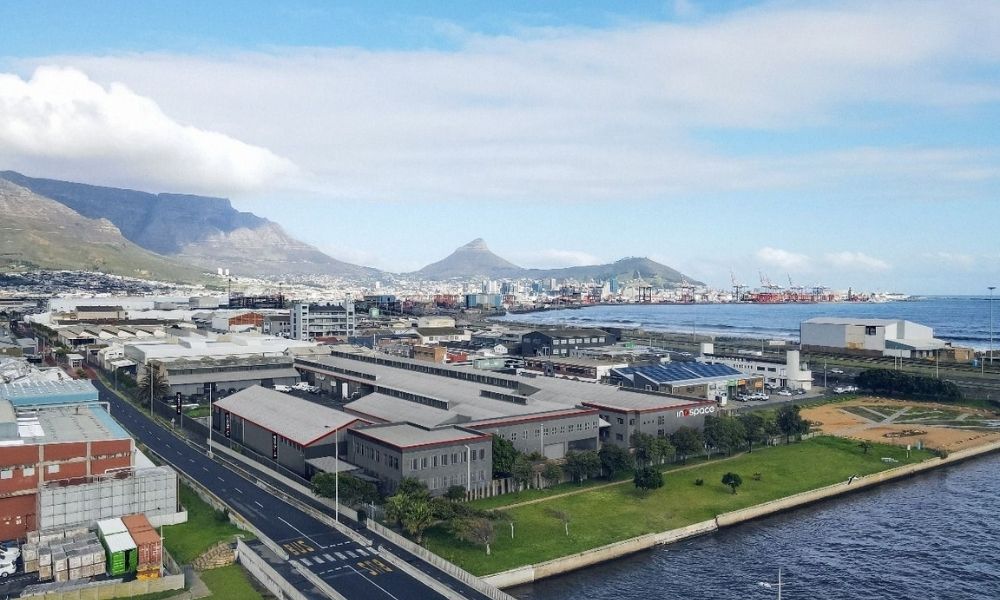Is this South Africa's Goldilocks moment?
Exploring South Africa’s potential economic resurgence amid new political shifts and the pivotal role of local investors.

A pivotal economic juncture
With recent political events still unfolding, South Africa's economy stands at a pivotal juncture. This prompts the question: Is this South Africa’s Goldilocks moment? The recent election has ushered in a significant political shift, forming a coalition unity government between the ANC, DA, IDF, and some smaller parties. This new political landscape offers a glimmer of hope amidst longstanding economic challenges and presents a ripe opportunity for local investors to take action. However, it is crucial to approach this moment with cautious optimism.
Historical context: Lessons from the past
There have been other times in South Africa’s post-1994 democracy where we stood at a pivotal moment. In 2019, when Cyril Ramaphosa secured the presidency instead of the Zuma faction, many investors were highly optimistic about the country's future. So was I. Ramaphosa’s ascent was seen as a beacon of hope, promising to steer the country away from corruption and mismanagement – what came to be known as the "7 lost years."
Current challenges: Economic stagnation and policy failures
Unfortunately, this optimism dissipated quickly as the governing ANC continued and accelerated many failed economic policies, coupled with weak execution and maladministration. Slow GDP growth, high unemployment rates, and persistent inequality have plagued the nation since 2019. The government's handling of the COVID-19 pandemic was poor, shutting down major parts of the economy, such as tobacco and liquor, with little thought of the long-term economic consequences. Electrical disruptions and municipal collapses were the worst manifestations of the first Ramaphosa era.
A new political era: Hopes for economic renewal
Now, we are in a new political era. The question is whether it’s a new economic era. It’s probably too early to tell, and economies are not like light switches that can be turned on and off with a button. However, politically, the June 2024 election will be known as another historic moment, with the ANC losing power after 30 years. The country is in a poor economic state, with GDP growth forecasts for 2024 weak, ranging from 0.9% to 1.3%, reflecting ongoing economic constraints. Additionally, inflation continues to be a concern, driven by high food and fuel prices, while the Rand has experienced significant volatility.
The promise of unity: A coalition government's potential
Despite these challenges, the formation of a unity government has injected a sense of hope into the economic environment. The coalition, although seemingly cobbled together quickly and with some unresolved major issues, has the potential for positive change. One key factor contributing to this optimism is the stability and strength of South Africa's financial institutions.
The role of investors: Building a stable future
The Rand’s recent performance after the announcement of the election results is an encouraging sign. Amid post-election uncertainty, the currency approached 19.0 to the dollar. This uptick came due to the business-friendly policies of the Democratic Alliance, which appears to play a large role in the new political coalition. The so-called Government of National Unity presents an opportunity for the DA to showcase real economic expertise, which it could not do sitting in the opposition benches.
Conclusion: The path forward
Despite the concerns, the opportunities in South Africa are substantial. The country desperately needs development, and interest rates, though currently high, are expected to drop in the short to medium term. South African assets are attractively priced, presenting a valuable investment opportunity. While some real estate markets in major metros have suffered from mismanagement, the Western Cape remains a bright spot with ongoing investment.
South Africa's banking sector is mature, and obtaining local financing is relatively straightforward. This accessibility should encourage local investors to take charge. If local investors demonstrate confidence in the country's potential, international investors are likely to follow suit.
South Africa has a history of beating the odds and achieving unlikely triumphs. Now is the time for local companies to invest in the economy, demonstrating confidence in the nation’s potential.
Regardless of what happens next, the new government of national unity has achieved something important already: keeping Mr. Zuma and the EFF away from power. While this coalition may not have the same optimism and idealism as the one Nelson Mandela led with his former enemies from 1994 to 1997, it does demonstrate that there is a pragmatic and principled centre in South African politics. Thirty years after 1994, the Rainbow Nation has shown that it still has valuable lessons in democracy for the rest of the world.
The bottom line is that South Africa needs to generate employment, and the only way to do that is for both foreign and local investors to create new businesses. The time is right for South Africans to invest in their economy. Local businesses are the lifeblood of the nation's market - they know the terrain, understand the challenges, and have a vested interest in the country's success. By stepping up and leading the charge, South African businesses can send a powerful message to the world: we believe in our country’s potential. This bold confidence will pave the way for international investors to follow suit, ensuring that South Africa is recognised as a worthy investment destination. Now is the moment for local investors to ignite the spark that will drive the nation towards a more prosperous and stable future.


